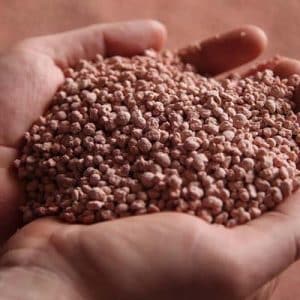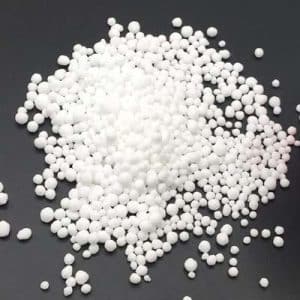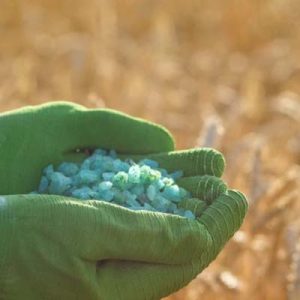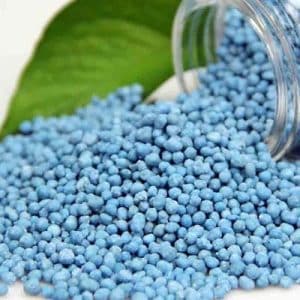Description
Rice, like other crops, requires essential nutrients for healthy growth and optimal yield. Fertilizers are commonly used in rice cultivation to provide these necessary nutrients. The primary nutrients needed by rice plants are nitrogen (N), phosphorus (P), and potassium (K), often referred to as NPK fertilizers. Additionally, secondary and micronutrients are also important for overall plant health.
Here are the key nutrients and their roles in rice fertilizer:
1. Nitrogen (N):
- Role: Essential for the vegetative growth of rice plants, including leaf and stem development.
- Fertilizer Source: Nitrogen fertilizers, such as urea, ammonium sulfate, or ammonium nitrate.
2. Phosphorus (P):
- Role: Important for root development, flowering, and the formation of seeds.
- Fertilizer Source: Phosphorus-containing fertilizers, like diammonium phosphate (DAP) or triple superphosphate.
3. Potassium (K):
- Role: Aids in overall plant health, improves disease resistance, and contributes to grain quality.
- Fertilizer Source: Potassium-containing fertilizers, such as potassium chloride or potassium sulfate.
4. Secondary Nutrients:
- Calcium (Ca), Magnesium (Mg), and Sulfur (S):
- Play crucial roles in various physiological processes and overall plant health.
- Commonly present in soil, but deficiencies may require supplementation.
5. Micronutrients:
- Iron (Fe), Zinc (Zn), Copper (Cu), Manganese (Mn), Boron (B), Molybdenum (Mo), and Chlorine (Cl):
- Essential for trace amounts to support specific physiological functions.
- Deficiencies or imbalances may be addressed with micronutrient fertilizers.
Fertilizer Application Tips for Rice:
- Split Application: Divide the total fertilizer dose into several applications throughout the growing season, aligning with the crop’s nutrient requirements.
- Soil Testing: Conduct soil tests to determine nutrient levels and tailor fertilizer application to specific needs.
- Balanced Fertilization: Aim for a balanced NPK ratio to meet the nutritional requirements of rice plants.
- Organic Fertilizers: Incorporate organic matter, such as compost or well-rotted manure, to improve soil fertility and structure.
- Foliar Application: In addition to soil application, consider foliar application of certain nutrients, especially micronutrients, to address deficiencies or enhance nutrient uptake.
- Water Management: Efficient water management, including proper irrigation practices, helps in nutrient availability to the plants.
It’s essential for rice farmers to adopt fertilization practices based on the specific characteristics of their soil, climate, and rice varieties. Consulting with agricultural extension services or agronomists can provide tailored recommendations for fertilizer use in rice cultivation.















Reviews
There are no reviews yet.